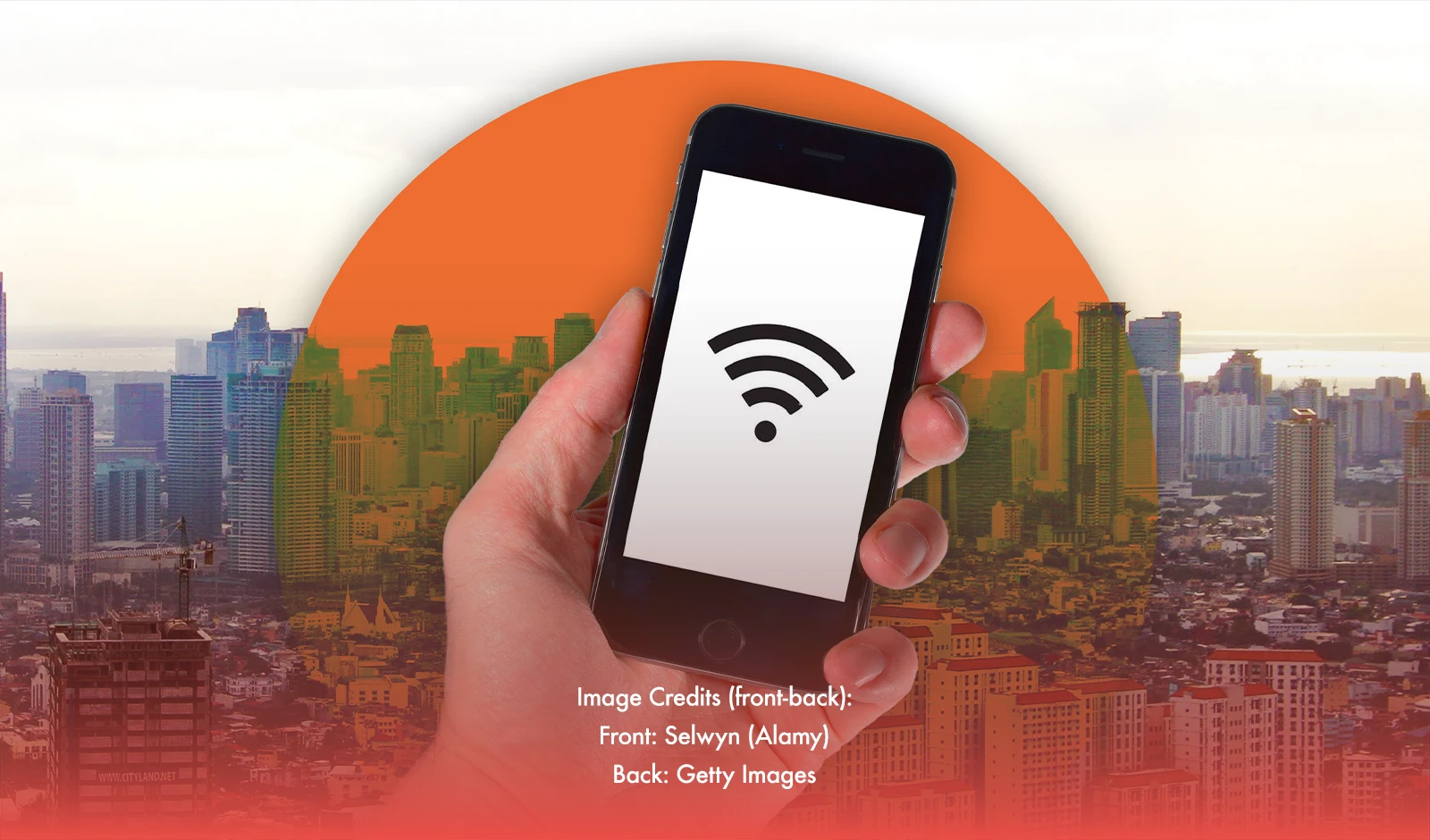The Philippines faces a glaring issue in its technological landscape: internet accessibility and affordability.
According to a recent survey by online company Picodi, the Philippines is one of the nations with the most costly Internet access, with an average cost of $40.50 (about P2,200) for a 100 Mbps Internet plan and $105.70 (roughly P5,900) for a 1 Gbps broadband plan.
Picodi compiled a list of the nations with the most and least affordable Internet connection by examining the pricing lists of 364 Internet service providers across 85 different nations.
The Philippines was in the top half of the rankings, with a monthly cost of $40.5 for 100 Mbps of bandwidth. In addition, it is the most widely available Internet speed in the nation, along with the 600 Mbps bandwidth, which averages $54.1.
Relative to other countries
The nation is above the Dominican Republic, where a comparable plan costs USD40.4, and somewhat below Sweden, where it costs USD42.9 (~Php2,400).
With an internet price of USD79.4 (about Php4,400), Norway is at the top of the list, and Russia is at the bottom with a rate of USD5.6 (about Php311.55).
The company also investigated the amount of bandwidth available to users worldwide for USD20/mo (~Php1,100). Latvia seized the top in this regard, as its customers may currently access 1.2Gbps internet for that amount.
Then come fourteen nations with access to 1 Gbps, then five with 600 Mbps. From there, the speeds go progressively worse for each nation until the Philippines, which is in the lowest five on the list and can only be reached with a USD $20/month budget.
Current telco state
A complicated web of issues, such as restricted infrastructure development, regulatory obstacles, and monopolistic market dynamics, are at the core of this challenge.
The country's topography makes it difficult to establish and maintain a reliable internet infrastructure, as isolated islands and steep terrain impede the growth of broadband networks.
Room for improvement remains wide for the country, even though steps have been taken to solve these issues, such as the passage of the Free Internet Access in Public Places Act and the arrival of new competitors in the telecom industry.








